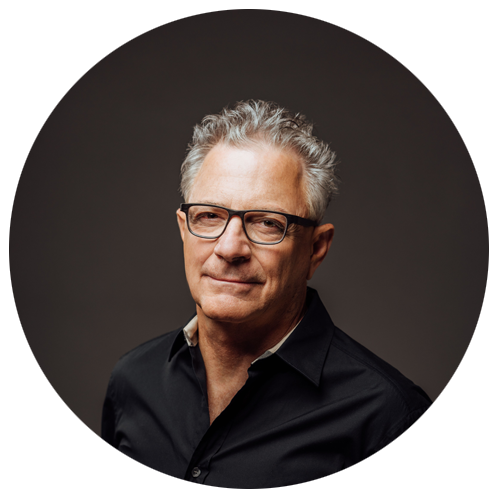Dear Dream Tending and Deep Imagination Community,
There is much that needs tending in our own lives and in the world. We have to tend to our physical bodies; our survival needs for food, water, sleep, and movement. Medical caregivers tend to us when we are sick, hurt, or frail. Marriages, partnerships, family relationships, and friendships need continual tending so that they may be sources of love, comfort, and guidance. Those who depend on us; partners, children, family, community members, patients, clients, customers, and students, all need our careful tending in specific ways. We need to tend to our livelihoods, our vocations, and our careers with attention, care, and skill. Our emotional lives need constant tending as we face the inevitable peaks and valleys in life. We must nourish our own happiness and tend to our wounds and deepest needs as we grow and evolve and find meaning in our experiences. Our dreams, visions, and plans for the future need tending so that we may achieve our purpose in life. We replenish and nurture our souls and spirits by tending our relationship with whatever we consider to be holy, sacred, and deeply important to us. In community and in our everyday lives we tend to the greater values of truth, justice, peace, and love, so we can build a better world for all. We tend to a lot!
To tend is to look after, watch over, care for, to attend or wait upon, to serve, to minister to. There is a sense of gentleness, a sense of loving kindness, a certain care, a certain patience, presence, tenderness, compassion implied when we say we are tending to something – whether that is something tangible like a garden or a fire or someone like a child or a person in need.
To tend our nighttime dreams and deep imagination in the way of Dr. Stephen Aizenstat’s Dream Tending requires that same care, patience, presence, tenderness, compassion, and devotion.
As we dream tend, we must quiet down, shift into a more attuned state of consciousness, listen deeply, and watch closely as we allow the images to come to life and develop relationship with them.
To tend dreams and imagination is to be in a continual, reciprocal cycle of give and take. To be engaged in a deeply intuitive, gentle process that requires mindful effort and practice. It is in that relational, reciprocal field where soul comes alive and we come into a beautiful space where we are touched by the intelligence, insight, wisdom, and energy of the deep psyche. We sense past, present and future. We sense Essence, Being, and Mystery. We sense the soul of the world and our own soul. We are resourced by the power in and of our dreams and imagination to be better able to tend to our own physical, emotional, and spiritual lives, and to tend to the tasks, responsibilities, causes, and relationships we value most with more attentiveness, presence, gentleness, care, and tenderness.
Dr. Stephen Aizenstat has given us the most wonderful gift of Dream Tending. A lifetime practice worthy of your dedication and devotion. I encourage you to join our community in an offering that calls to your heart at this time.
Kathie McCutcheon
Interfaith Minister/Chaplain, Mentor of the Academy of Dream Tending
Inside The Curious Mind
Learn the Power, Purpose and Intelligence of Dreams
Unleash your creativity and innate genius

Stephen Aizenstat
Stephen Aizenstat, Ph.D., is the founder of Dream Tending, Pacifica Graduate Institute, and the Academy of Imaginal Arts and Sciences. He is a world-renowned professor of depth psychology, an imagination specialist, and an innovator. He has served as an organizational consultant to major companies and institutions, and as a depth psychological content advisor to Hollywood film makers. He has lectured extensively in the U.S., Asia, and Europe. He is affiliated with the Earth Charter International project through the United Nations, where he has spoken. Professor Aizenstat is the Chancellor Emeritus and Founding President of Pacifica Graduate Institute. He has collaborated with many notable masters in the field including Joseph Campbell, James Hillman, Marion Woodman, and Robert Johnson.





